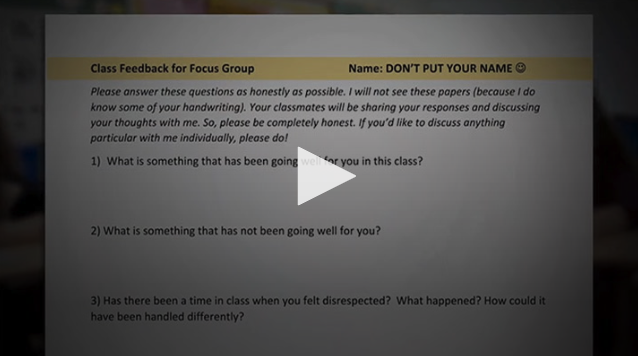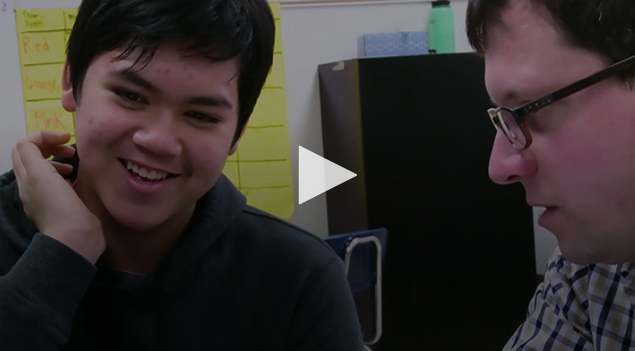As another school year comes to a close, I’d bet that you and your students are looking forward to summer break. While these last days of school can be crazy, they’re often reflective as well.
You’ve probably asked students to self-assess their learning, and you’ve probably been busy assessing their learning in final projects, portfolios, and report cards. Of course, all of this assessment of student learning is important — but remember, you were the one who guided them on their learning journey!
As an educator, it’s just as important to take time to ask yourself about your year.
- What went well?
- What will you change next year?
And, while you still have your students in the classroom, why not ask them for a little feedback? Sure, this idea may seem scary at first, but with the right setup, you can truly learn a lot from your students.
Start with a Simple Survey
One of the easiest ways to gather feedback is through a survey. Whether you make it a paper and pencil survey, a Google form, or something more complicated, there’s so much to be learned from your students. Watch Measures of Effective Teaching: Student Feedback, to hear what teachers, administrators, and students think of student surveys. If your students are too young for written surveys, check out one of these other options below.
Try a Focus Group
Companies often use focus groups to get feedback on their products. You can do the same for your classroom! Inspired by all he learned about his practice from an end of year survey, Tch Laureate Sean McComb decided to hold focus groups to engage students in conversations about his classroom. You can read about the development of his focus groups here. Then, watch this video to see a focus group in action.

VIDEO: Getting Better Through Authentic Feedback
Hack Your Formative Assessment
Throughout the year, you’ve probably used formative assessment strategies to gather feedback and assess learning along the way. Take one of your tools and give it a twist by asking for feedback on your class. Since your students are already familiar with these strategies, they’re more likely to feel comfortable giving quality feedback. Here are a few you can try depending on your grade level:
Elementary: Craft a series of questions to ask your students, such as “Do you think peer conferences helped you to improve your writing this year?” Call them out to the whole class or in small groups. Because younger students might have trouble writing out their feedback, ask them to use hand signals or colored cards to indicate their answers to your questions.
Secondary: Ask your students to write out their feedback. Tch Laureate Sarah Brown Wessling’s Stoplight Method could easily be adapted to collect feedback on any aspect of your classroom, from class culture to specific units. Or, try an exit slip for the entire year. In order to keep your students focused and concise in their writing, adapt this Twitter-style exit slip for end-of-year feedback.
Gather Feedback Through Conferences
Conferring is a great way to provide and receive personalized feedback. Now that it’s the end of the year, confer with students to get an overall picture of how their year went.
- What went well for them?
- What stopped their learning?
- What helped them grow?
While doing so, you’ll be able to gather feedback on your practice. Make sure to take notes during or directly after the conference. Look for trends in responses and apply that data to next year’s planning. If you’re new to conferring, watch how teacher Chris Knutson sets up his conferences with guiding questions so that his students do most of the talking.

VIDEO: Guiding Student Learning Through Conferences
No matter what you try, we hope you learn a little something you can apply to next year.






